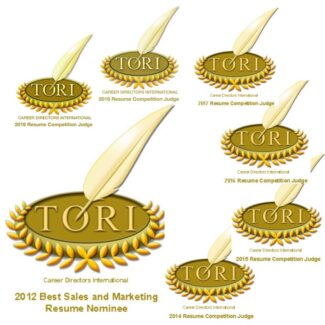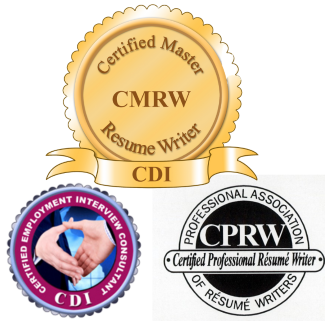First of all… yes, that means you need to write one!
Every so often cover letters become a hot topic of discussion, and this past week was no different. Everywhere I turned I was reading about the merits of cover letters – first, in articles such as this one by Eli Amdur and more recently, an eList conversation among industry professionals. Since cover letters are always on jobseekers’ minds, I thought I’d summarize what I’ve read and give you six takeaways to keep you on track with your own letters:
- Even though there are some surveys and anecdotal evidence that not everyone reads cover letters, you should send them. Better to include one and have it not read rather than not send one when the recipient was hoping for one.
- Keep it short and to the point to help improve its odds of being read.
- Do not regurgitate your resume – again, to help improve its odds of being – and to help it add value once it is read.
- It’s worth spending the extra research time to try to identify the name of the hiring manager in order to send the letter to a specific person. In the absence of not identifying a specific name, Dear Hiring Manager is much more preferable to “Dear Sir/Madam” or “To Whom It May Concern.”
- Take control of the situation. End your letter with a call to action – that you’ll be calling to request a meeting. Don’t wrap up your letter with a waste of time “I look forward to hearing from you.” It’s in your best interest to set things up that you’ll be calling their office later that week to follow up.
- The cover letter is a great spot to explain issues that the resume can’t address such as switching careers or extended gaps in employment.

